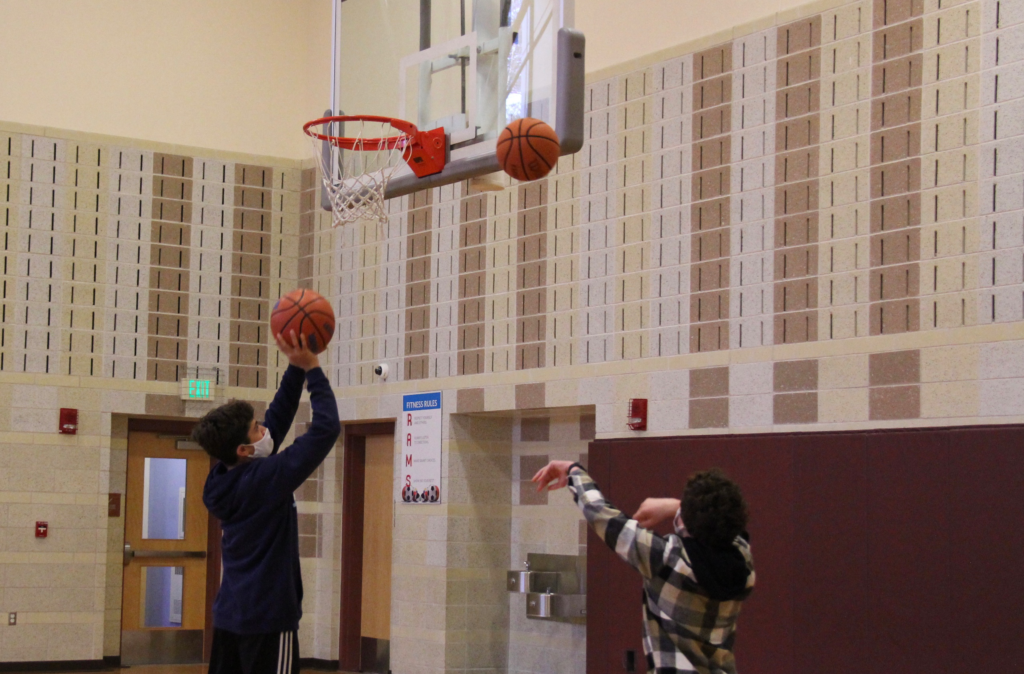Every day, small groups of Grade 6, 7, and 8 students meet with their advisory. It’s a non-academic time set aside to check-in, develop relationships, address any necessary information, ask deep questions, and have fun together. Mo Gibbs, Middle School Math Teacher says, “I love being an advisor in the Rashi Middle School! Every year I get a small group of students that I have the opportunity to connect with outside of my classroom. We check-in everyday and our time is spent discussing academic successes and challenges, social issues, current events, and continue building a strong community through group initiatives. It is rewarding to observe my advisory grow throughout the year, individually and together as a unit.”
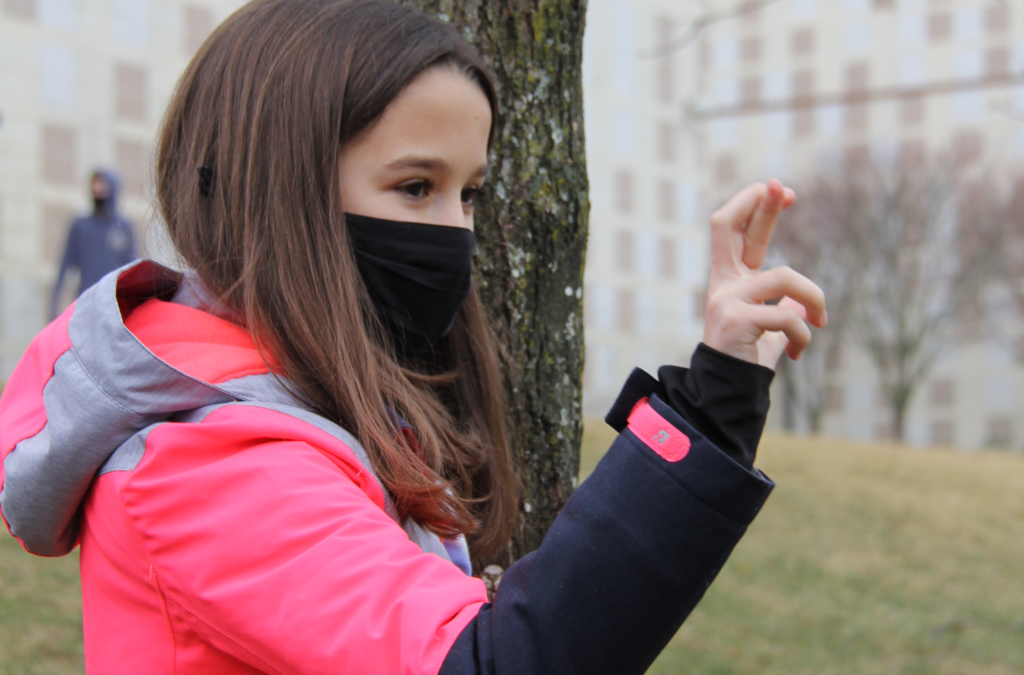
A primary goal of advisory is to ensure every student has a faculty member who is attending to their overall picture. Faculty get to know each of their 6-8 students deeply, building relationships with the and their families. While students build relationships in the classroom with teachers, advisory is set aside as dedicated time. Zach Albert, Grade 8 Social Studies and English teacher shared “Advisory is a time where I can check in with students one-on-one and be a resource to them as they navigate middle school life. I relish advisory as a time where I can support students to become their best possible selves and best possible students.”
Advisory is a time where I can check in with students one-on-one and be a resource to them as they navigate middle school life.
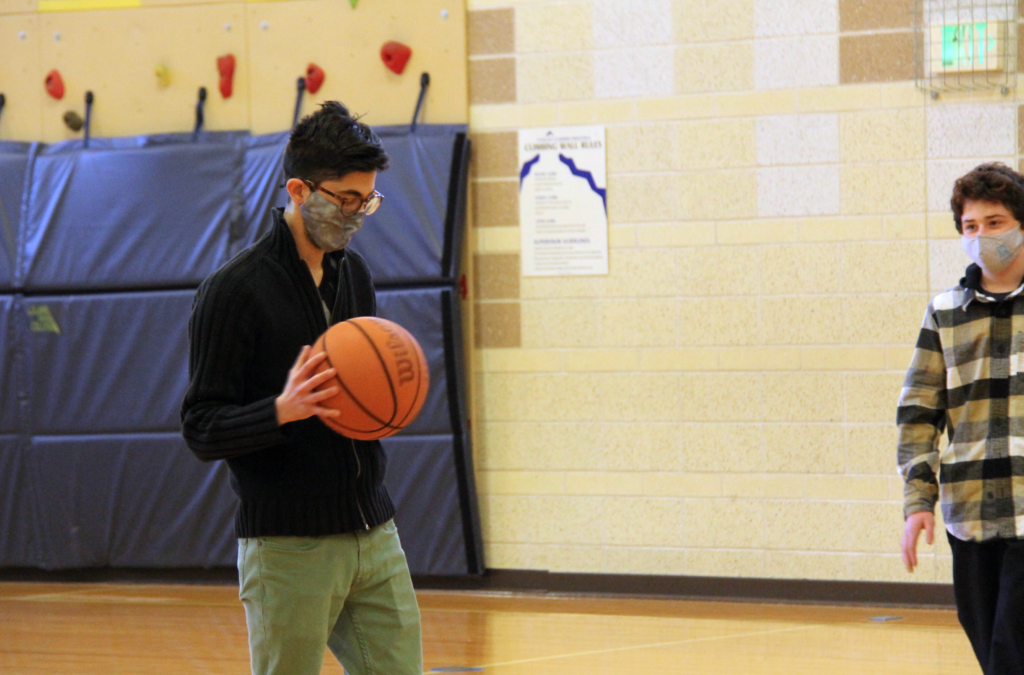
Advisory itself is a place of belonging, giving students a family unit away from home. Students aren’t graded and it’s a time without judgement, where students are encouraged to speak their mind and share their feelings. Deb Berlin, Middle School Science teacher says, “Working with the students in my small group is pretty consistently a highlight of my morning; it’s a chance to relax and a chance for kids to get to know some of their peers on a deeper level. We have serious days when we discuss current events in the world or in their lives, social days with check ins and questions, and silly days, such as the time we got to play Quiplash during Rashi Online.”
Advisory itself is a place of belonging, giving students a family unit away from home.
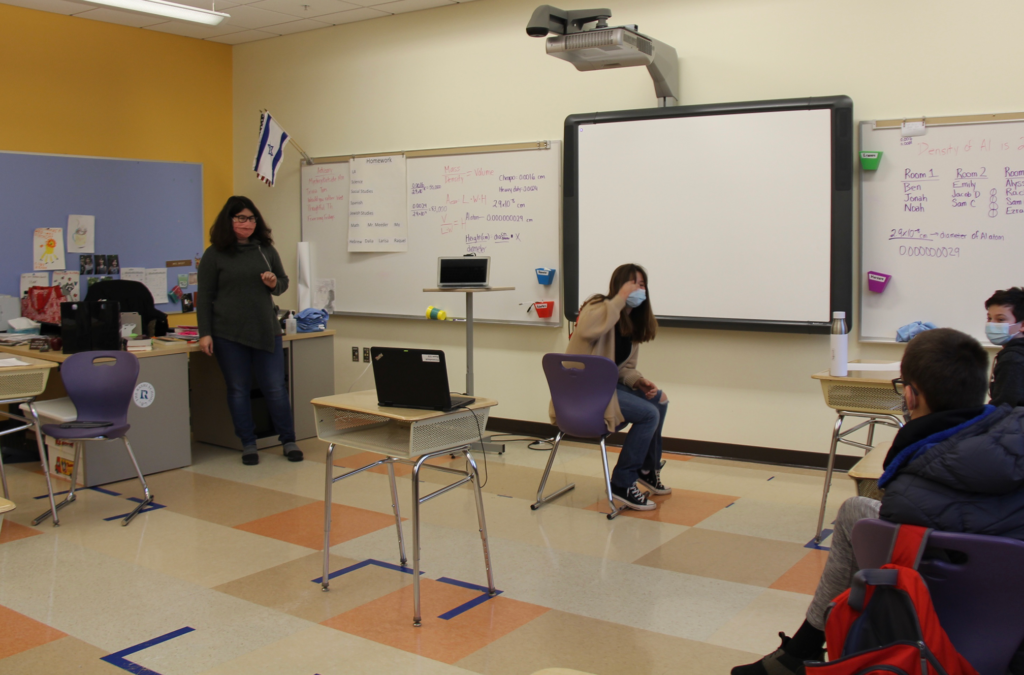
There are structured and self-directed organized activities, designed to grow student skills around decision making, relationships, self awareness, community. Advisory is based on the Talmudic principle of כל ישראל ערבים זה לזה, kol yisrael arevim zeh bazeh, “all Israel is responsible for one another” (Shavuot 39a), meaning that each of us must take action and inspire others to create a community in which we can all take pride.
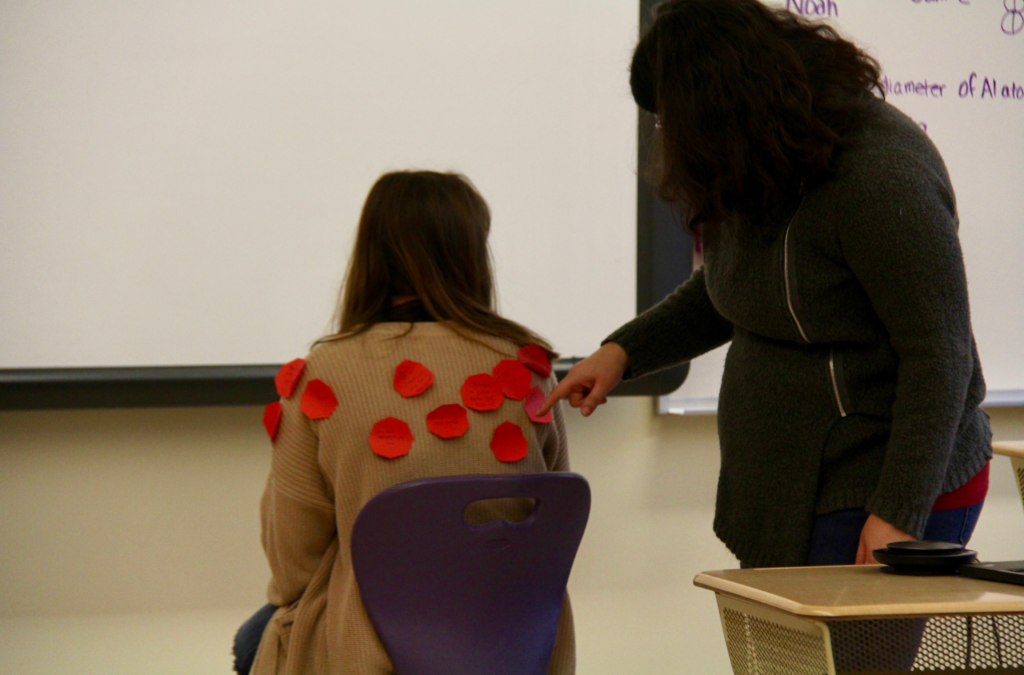
Jen Blum, Head of the Middle School says that advisory is a “place to take stock, to stop to think about who you are and who you want to be.”
The Rashi Social Emotional Learning Mission Statement states, “The Rashi Community is committed to educate the whole child through a systematic approach to Social Emotional Learning (SEL). Students will integrate research-based SEL instruction to promote inspiring and supportive classrooms. Students will explore a variety of lessons aimed to foster the Collaborative for Academic, Social, and Emotional Learning (CASEL) competencies of Self-Awareness, Social Awareness, Self-Management, Responsible Decision Making, and Relationship Skills. Our explicit SEL work is being supported by the research and programs of Responsive Classroom, Keshet, CASEL, and the Institute for Social and Emotional Learning.”
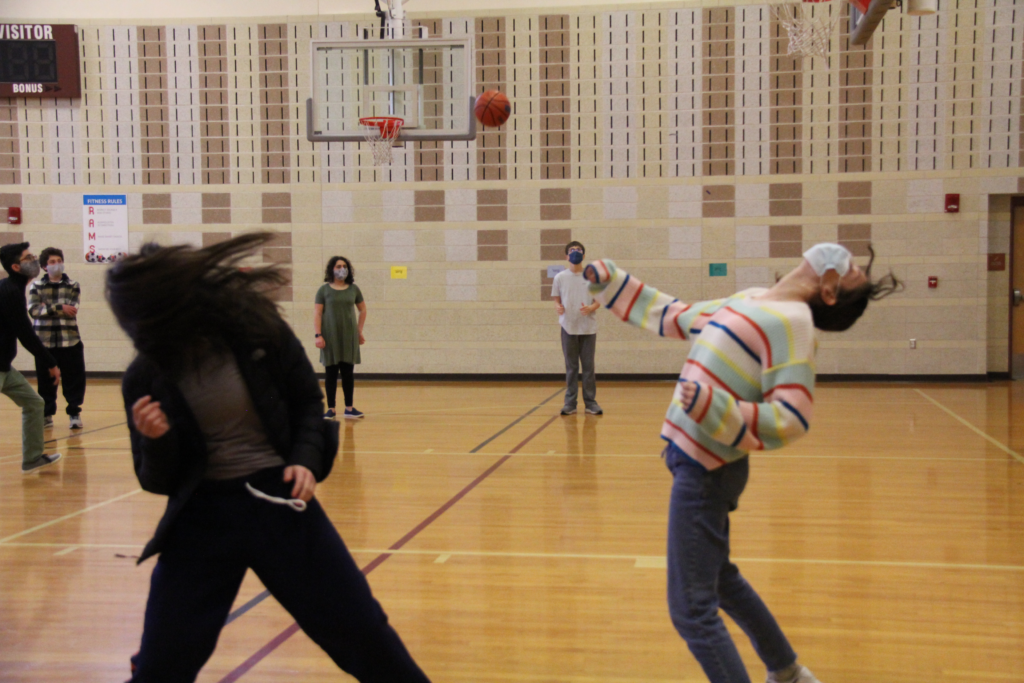
One of the Rashi’s advisory program key strengths is the strong faculty. The faculty are attune to the needs and mind states of Middle Schoolers, they pay attention, seeing actions and hints large and small, taking in data from their advisees and using it to shape and form conversations individually and with the advisory group. This piece has been especially critical this year, with changes due to COVID-19. Ms. Berlin shares “I also think that it’s (advisory) so valuable in student-centered learning: I’m extra involved in supporting the six kids I work with in advisory each year. This year it’s been especially important in conveying messages about COVID related policies, changes to schedules and procedures, and generally getting messages out. The kids know that they can email me if they’re remote for the day and aren’t sure where to go, or need support facing other challenges or figuring out how to handle a situation. I either help them directly, or can send them to the right person or resource. I also am always keeping an eye out for my kids as their advocate, and communicating with teachers, administrators, and parents, working to ensure that each student gets what they need.”
I also am always keeping an eye out for my kids as their advocate, and communicating with teachers, administrators, and parents, working to ensure that each student gets what they need.
